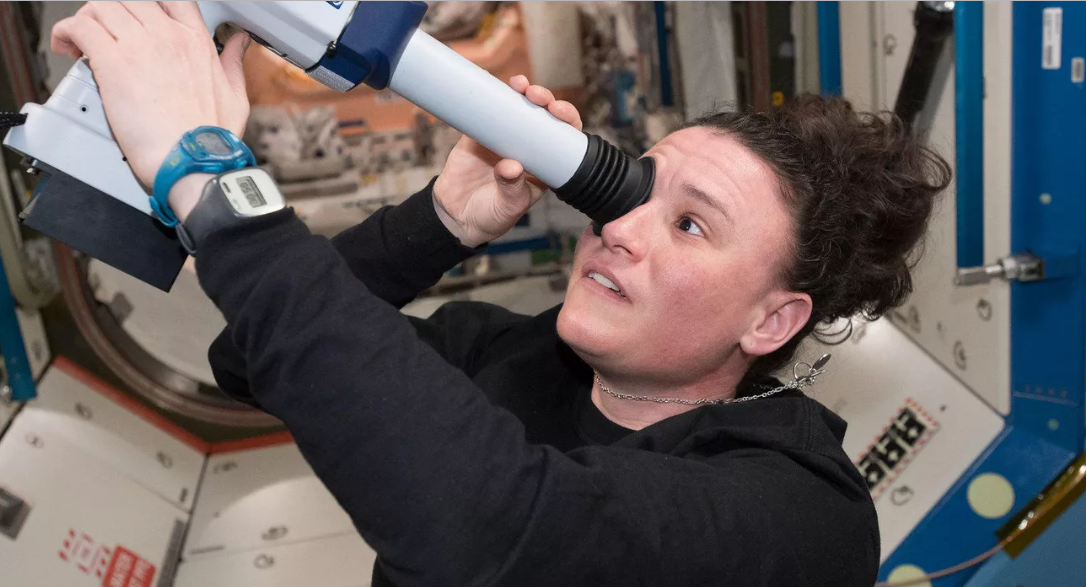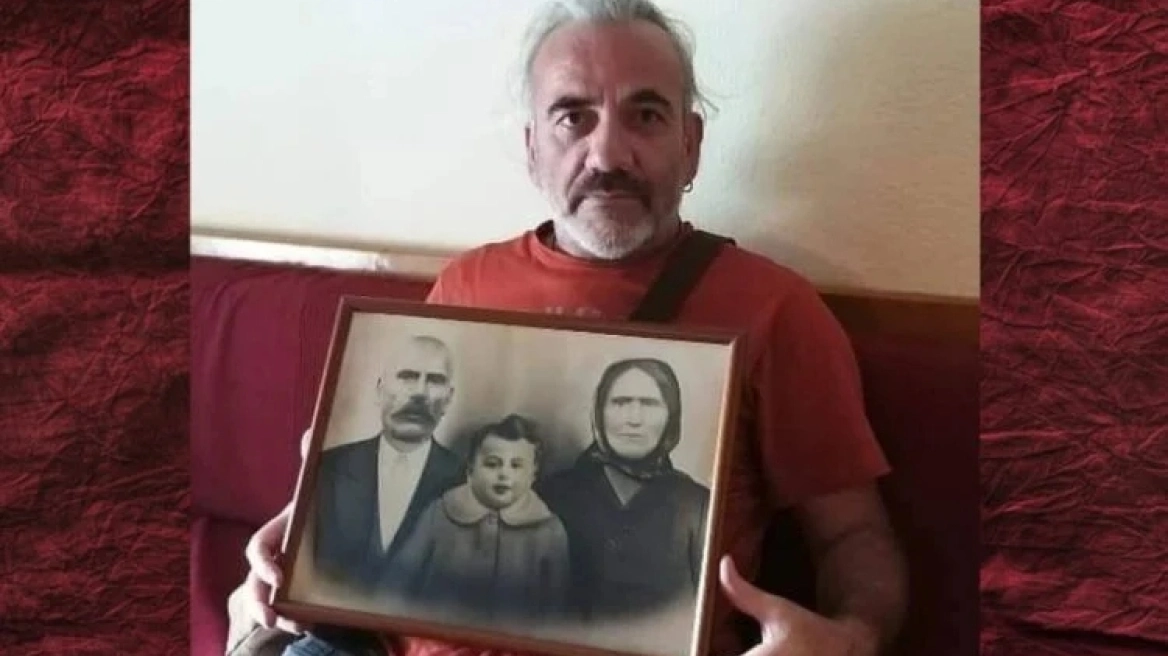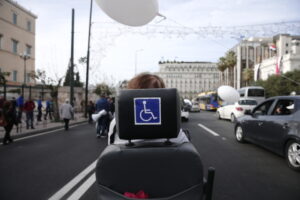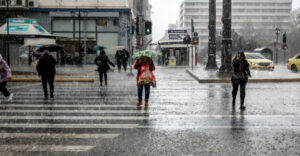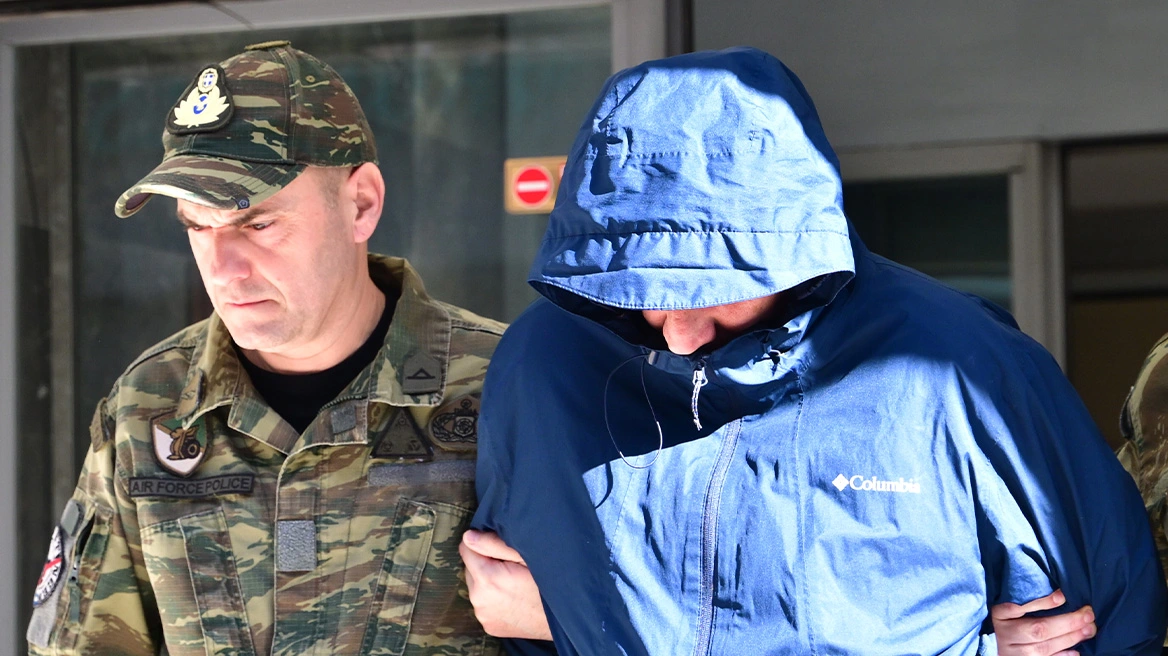It’s a hot summer day, thick with humidity, when Dr. Serena Auñón-Chancellor arrives to meet me at NASA’s Lyndon B. Johnson Space Center in Houston. Wearing a royal blue jumpsuit adorned with zippered pockets and badges of the US flag and her two space expeditions, she strides confidently into the massive room. Mockups of the Orion spacecraft and the International Space Station surround us, but Auñón-Chancellor isn’t overshadowed by the awe-inspiring models. Her uniform gives authority, her firm posture demands attention and her warm laugh gives off positive energy.
Auñón-Chancellor, 43, has been a NASA flight surgeon for 13 years, but she’s also an electrical engineer, an aquanaut and a practicing physician specializing in both internal and aerospace medicine. Oh, and she recently returned to Earth from a six-month stay, which included Expeditions 56 and 57, at the ISS.
Though only a few hundred humans have made it into space, the medical research conducted in microgravity by people like Auñón-Chancellor directly impacts the medical care of everyone on Earth. While orbiting the planet, she’s performed studies that have expanded our knowledge of the human body and conducted bioscience experiments that may improve the lives of people with conditions including cancer, Parkinson’s disease and osteoporosis. “People think science we do on the space station only relates to space exploration,” she says. “They don’t realize how much it matters to medical care of everyday living here on Earth.”
Read more HERE
Ask me anything
Explore related questions
